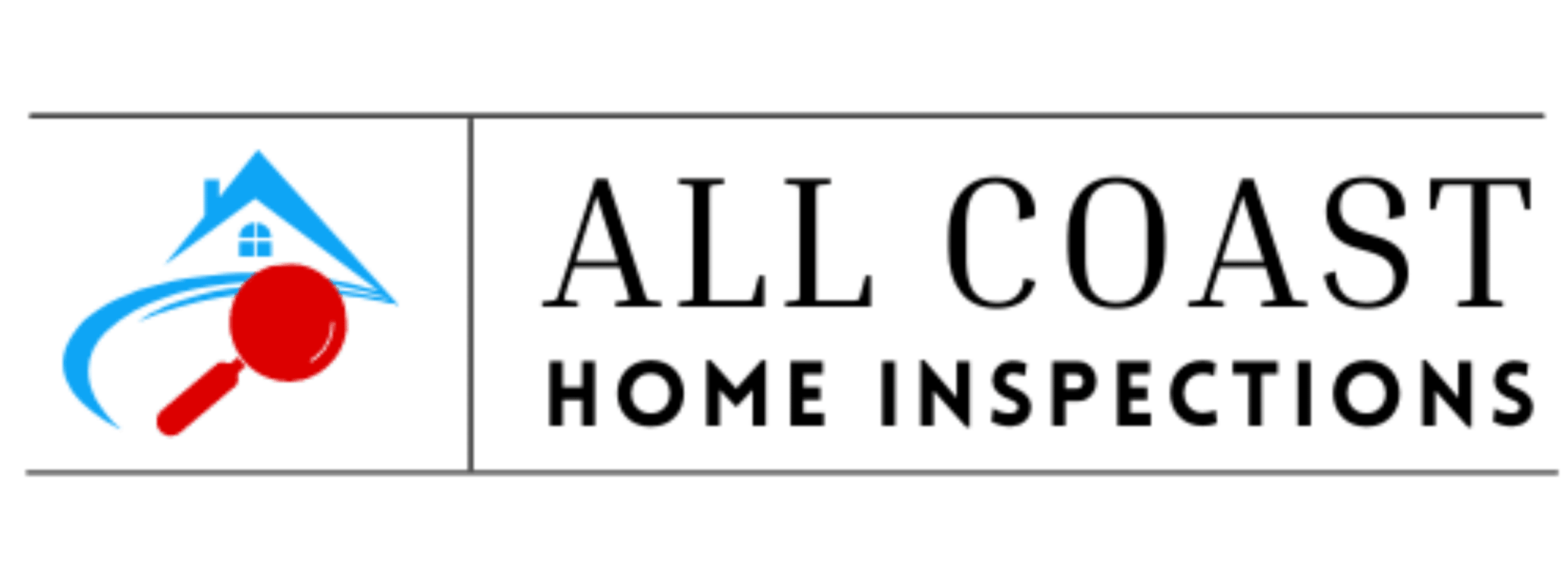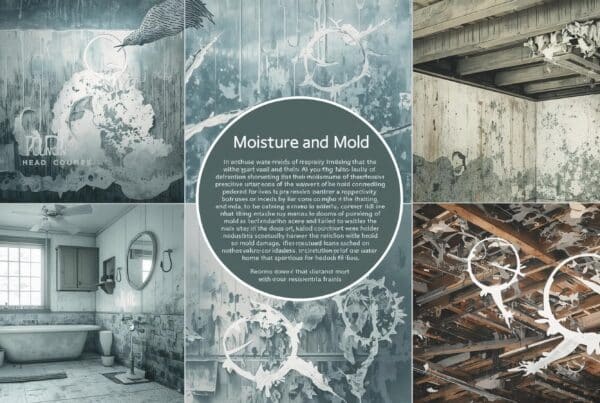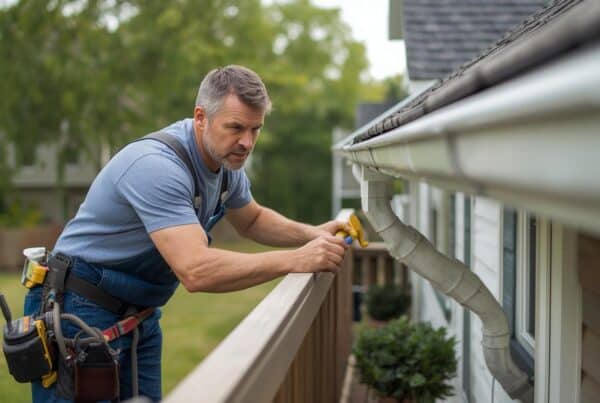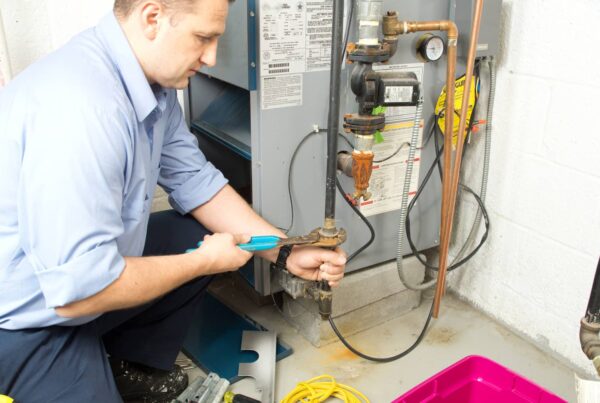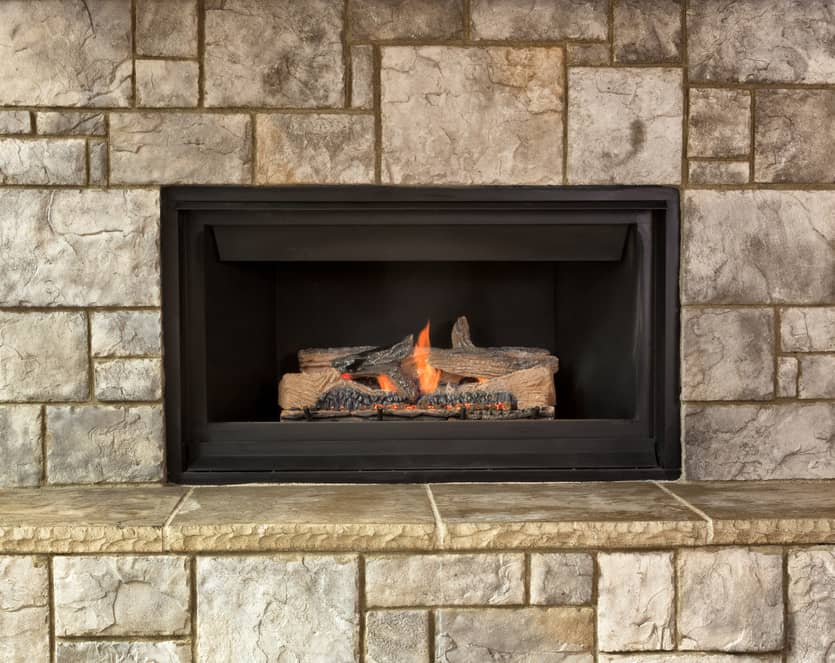
As the weather cools and the days shorten, few things are more comforting than gathering around a warm fireplace. In Houston, Galveston, and Brazoria County, fireplaces may not be used year-round, but when fall arrives, homeowners often look forward to cozy evenings by the fire.
But before you strike that first match or switch on the gas logs, there’s one critical step: ensuring your fireplace and chimney are safe. Neglected systems can lead to house fires, poor indoor air quality, and costly repairs.
At All Coast Home Inspections, we help Houston-area families prepare for the season by offering thorough fireplace inspections as part of a complete fall home preparation checklist. Here’s what every homeowner should know.
Why Fireplace and Chimney Safety Matters
A fireplace is a beautiful feature, but it’s also a potential hazard if not maintained properly. According to the National Fire Protection Association (NFPA), heating equipment is one of the leading causes of house fires in the U.S., with chimneys and fireplaces responsible for thousands each year (NFPA source).
Common issues include:
- Creosote buildup that ignites inside chimneys.
- Cracked or damaged flue liners allowing heat and gases to escape.
- Blocked chimneys that force smoke and carbon monoxide back into the home.
- Improperly installed or missing chimney caps that let in water, debris, or even animals.
Regular fireplace inspection in Houston isn’t just a recommendation — it’s essential for protecting your home and family.
The Dangers of Creosote Buildup
Every time you burn wood, byproducts like tar and soot stick to the walls of your chimney. Over time, this residue forms a highly flammable substance called creosote.
Creosote comes in stages:
- Stage 1 (Flaky soot): Easy to brush away during routine cleaning.
- Stage 2 (Glazed tar): Sticky, hard to remove, and more dangerous.
- Stage 3 (Hardened glaze): Extremely difficult to remove and highly flammable.
If ignited, creosote burns at extremely high temperatures and can crack chimney walls, spread fire to the attic, or even engulf the house.
The U.S. Environmental Protection Agency (EPA) warns homeowners that using properly seasoned wood and ensuring good airflow reduces creosote buildup (EPA source). Still, only a professional chimney inspection can confirm whether your fireplace is safe for use.
The Role of Chimney Caps
One of the simplest, most affordable ways to keep your chimney safe is by installing a chimney cap. This small device sits at the top of the chimney and acts like a shield.
Why chimney caps matter:
- Keep rain out: Houston’s fall and winter rains can seep in, leading to rust, mold, or structural damage.
- Block debris: Leaves, twigs, and dirt can clog chimneys, restricting airflow.
- Prevent pests: Birds, squirrels, and even raccoons often try to nest inside unprotected chimneys.
- Spark arrestor: Many caps include mesh that prevents sparks from flying onto the roof.
Without a cap, your chimney is exposed to both the elements and hazards that increase fire risk. At All Coast Home Inspections, we check for missing or damaged caps during every chimney safety evaluation.
Fireplace & Chimney Inspection Checklist for Fall
Here are the steps homeowners should follow as part of their fall home preparation:
- Schedule a professional inspection — The NFPA recommends an annual inspection before the first fire of the season.
- Check the damper — Make sure it opens and closes smoothly.
- Look for visible damage — Cracks in masonry, rust on metal parts, or white powdery residue (efflorescence) can signal problems.
- Test smoke and carbon monoxide detectors — Essential for detecting hidden dangers.
- Have chimneys cleaned — A certified chimney sweep can safely remove creosote and blockages.
- Inspect chimney flashing — Ensure water can’t leak where the chimney meets the roof.
Homeowners can do quick visual checks, but only a professional can identify deeper issues and give you the confidence your system is safe.
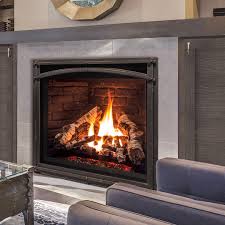
Gas Fireplaces: Safety Still Counts
Many Houston homeowners enjoy the convenience of gas fireplaces. While these units burn cleaner and produce less creosote, they’re not maintenance-free.
Key gas fireplace checks include:
- Ensuring the glass doors seal properly.
- Checking the pilot light and gas lines for leaks.
- Inspecting venting systems to confirm exhaust is exiting the home safely.
All Coast Home Inspections includes gas fireplace evaluations as part of our seasonal fireplace inspection in Houston, because safety applies no matter what kind of system you use.
Fire Prevention Tips for Fall
Beyond inspections, there are practical steps every homeowner can take to stay safe:
- Burn only seasoned hardwood — never trash, treated wood, or cardboard.
- Keep flammable items like rugs and decorations at least three feet away.
- Use a sturdy fireplace screen to catch sparks.
- Store ashes in a metal container with a lid, outside and away from the house.
- Never leave a fire unattended, especially overnight.
The U.S. Fire Administration (USFA) stresses that simple fire-safe practices reduce the risk of home fires during colder months (USFA source).
Why Choose All Coast Home Inspections for Chimney & Fireplace Safety
At All Coast Home Inspections, we’ve been helping homeowners in Houston, Galveston, Alvin, Angleton, and Brazoria County for years. Our experienced inspectors know exactly what to look for when evaluating fireplaces and chimneys, from creosote buildup to flashing damage.
By scheduling an inspection with us this fall, you’ll:
- Prevent costly repairs down the road.
- Protect your family from fire and carbon monoxide risks.
- Enjoy your fireplace with confidence all season long.
Whether you have a traditional wood-burning fireplace or a modern gas system, we provide peace of mind with every inspection.
Final Thoughts
Fireplaces bring warmth and charm to your home, but they also carry risks if ignored. By including a fireplace inspection in Houston as part of your fall home preparation, you’ll ensure your chimney is safe, your air is clean, and your family is protected.
As you decorate for Halloween and look forward to cozy nights, don’t forget the importance of chimney safety. Let All Coast Home Inspections help you keep your home safe and sound this fall and for many seasons to come.
📞 Call today: (713) 494-3721
🌐 Visit: AllCoastHomeInspections.com
✉️ Email: acchinspections@gmail.com
